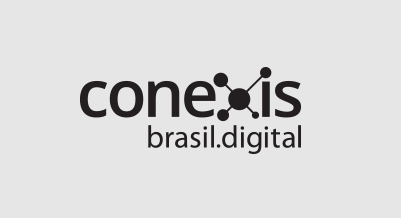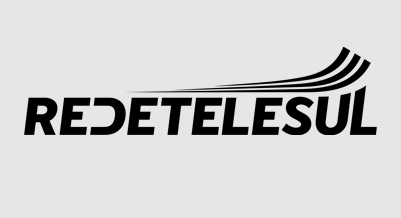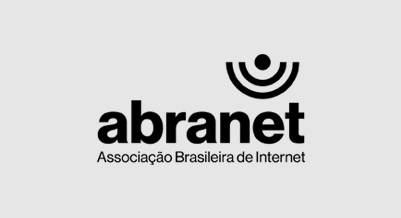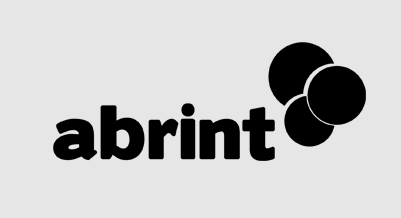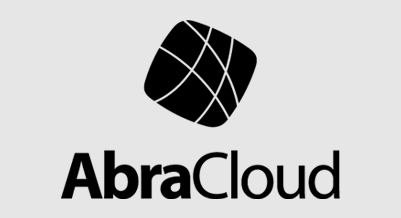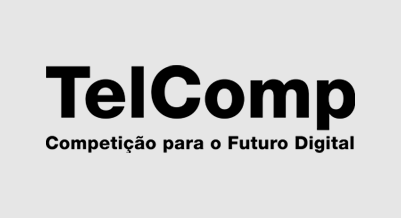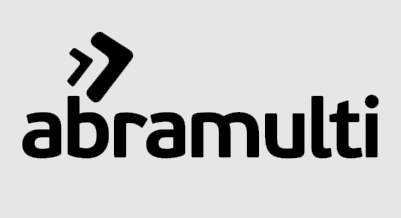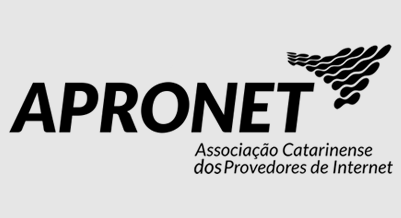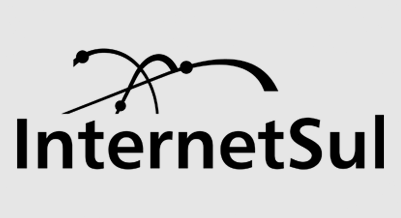Blog Olaf Kolkman : Internet is all about collaboration
![[author olaf-kolkman name]](/static/author//olaf-kolkman/picture.jpg)
The basis for this collaboration is a number of open standards and practices that all the network operators have adopted voluntarily. In fact, voluntary adoptions is one of the core principles of the Open-Stand paradigm.
Joining the ecosystem
When you connect to the Internet, you become a part of its ecosystem. Even more, across the Internet there is no clear line between consumers and suppliers; every participant is a contributor. That comes with a collaborative responsibility: you should consider not only how the global system impacts you, but also the impact you produce on the system through your activity or inactivity.
This perspective is especially important in the area of security (also see the Internet Society's recent paper on Collaborative Security). As an end-user, that means that you do all you can to keep your own systems secure, to reduce the risk of their be taken over and used to abuse others. For service providers, that means making specific security features available. Those offerings and measures may not bring an immediate return on the investment, and in the short term they may even lead to additional cost. But they will help to raise the level of security in the system and reinforce confidence in the Internet.
And therein lays the problem: there is no direct economic incentive for individual providers to deploy some of these technologies.
Can't their deployment be mandated then? In theory yes, but that approach would go against one the fundamental and foundational principles of the Internet: as an organic system, a network of autonomous networks, not built from a global blueprint but developing in accordance with local needs and conditions, deployment depends on voluntary agreement and collaboration. Forcing security and scalability through global mandates may be slow, and may have unintended side effects. It also assumes that a global consensus can be reached on a multitude of security issues.
The voluntary collaborative approach, combined with a continuing dialogue with those who impact and are impacted by certain measures — the end-users, the policy makers, and the technicians — allows more flexibility and agility. Measures taken can more easily be adjusted to minimise unintended adverse consequences.
"The Internet way"
Accomplishing global deployment of secure, resilient, future-proof internet technology is better done "the Internet way": at the initiative of individual actors, based on their own decisions and their own leadership; and through sharing know-how and experience, both voluntary and professionally.
One important aspect in getting new innovations deployed is awareness and visibility. Deploying these internet technologies is like installing new plumbing: something has improved, but the water still tastes the same. Leaders who want to inspire their colleagues to follow suit will have to provide some visibility into what their innovations brings.
A profound example is the Internet.nl initiative (to be launched soon), in which the Dutch Internet community, a ministry, and a governmental agency have collaborated to set up a website that helps to highlight the status of deployment of key internet technology. The website gives users simple and straightforward information about their own access to various innovative technologies.
Some of these technologies contribute to the continued scalability of the Internet (IPv6 support and transparency of the network), while some relate to security (DNSSEC, anti-spam and anti-phishing, and support for encryption). By doing so, the site helps to promote the open standards that will make the Internet more scalable and more secure. It highlights the leaders, and provides the followers with tools and know-how.



